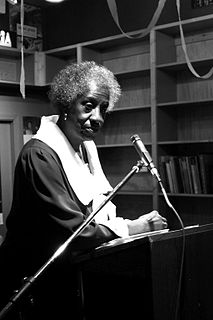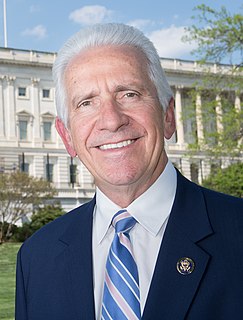A Quote by Aretha Franklin
Related Quotes
In less than a century we experienced great movement. The youth movement! The labor movement! The civil rights movement! The peace movement! The solidarity movement! The women's movement! The disability movement! The disarmament movement! The gay rights movement! The environmental movement! Movement! Transformation! Is there any reason to believe we are done?
Movements are not radical. Movements are the American way. A small group of abolitionists writing and speaking eventually led to the end of slavery. A few stirred-up women brought about women's voting. The Populist movement, the Progressive movement, the anti-Vietnam War movement, the women's movement - the examples go on and on of 'little people' getting together and telling the truth about their lives. They made our government act.
It's true that in a lot of western feminist movements, you see women working singularly from men. Suffragettes and the women's rights movement in the 60s here, but when I think of the Islamic feminist movement, I think of a lot of men who are very much standing with the women. It really feels like in equal numbers. Women are catching up in the field because we were not given access to knowledge and encouraged into these studies and so these men are helping us and empowering us. They are men of conscience who are fed up with this assumption that they're entitled.
The feminist movement is not about success for women. It is about treating women as victims and about telling women that you can't succeed because society is unfair to you, and I think that's a very unfortunate idea to put in the minds of young women because I believe women can do whatever they want.
The problem with feminism in the second wave was that we fought so much among ourselves, and I think we did so much damage to the movement... and I think the next wave, the third wave, is women mentoring younger women and women helping younger women to enter the political process and the writing world.
The gay rights movement of recent years has been an inspiring victory for humanity and it is in the tradition of the civil rights movement when I was a young boy in the South, the women's suffrage movement when my mother was a young woman in Tennessee, the abolition movement much farther back, and the anti-apartheid movement when I was in the House of Representatives. All of these movements have one thing in common: the opposition to progress was rooted in an outdated understanding of morality.
I'm coming to a sense of a women's movement which was extraordinarily important in the struggle for freedom in Ireland and immediately afterwards, but then some of those women who were involved in the movement got involved in representative positions and perhaps some of them got a bit distanced from the grassroots issues. But also the women's movement itself seemed to say, "No, we've got our own government, our own parties in power" and they sat back.




































